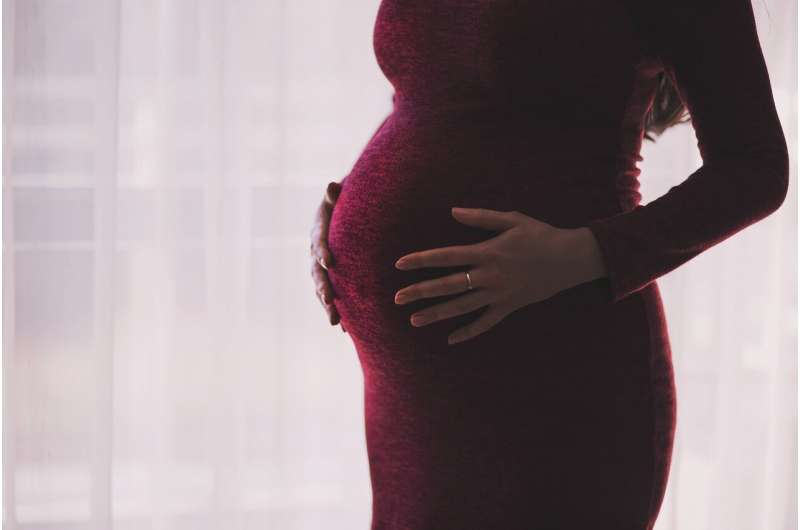

Image credit: Pixabay/CC0 Public Domain
Researchers at the University of Houston conclude that black women in Texas are nearly twice as likely to suffer from severe maternal morbidity as white women, underscoring the urgent need for expanded health care for women long before they are admitted to the hospital to give birth.
According to a study by the UH Institute for Women, Gender and Sexuality Studies, pre-existing health problems account for almost 80% of the gap between blacks and whites in the sexual and reproductive community. The rest can be explained by differences in severity, bias-related differences in treatment at the same hospital or by the same doctor, among other factors.
“Black women have higher numbers and different compositions of pre-existing conditions when they are admitted to the hospital for delivery compared to white women,” said Annamaria Milazzo, assistant research professor at IRWGS. “The data suggest that much of the disparity can be explained by differences in pre-delivery health status and is not due to black women being more likely to attend poorer hospitals or see poorer doctors compared to white women.”
If maternal mortality refers to the death of a woman due to pregnancy, SMM cases can be considered near-fatal events because they can lead to death if not properly recognized and treated.
According to the National Institutes of Health’s Office of Research on Women’s Health, the United States has one of the highest maternal mortality rates in the developed world. Each year, about 700 women die from pregnancy-related causes. However, the SMM rate is much higher, with about 75 women dying for each maternal death. Black women have both a much higher maternal mortality rate and a much higher SMM rate.
Milazzo examined discharge data from all hospital discharges in Texas from 2016 to 2022 to identify trends and drivers of racial inequity in the SMM. She found that more focus on women’s health needs to be put in place long before conception, including expanded access to Medicaid. In Texas, where the rate of uninsured women is the highest in the country, nearly one in four women of childbearing age lacks health insurance. The state is one of 10 where Medicaid becomes available to many low-income women only after pregnancy.
“Improving access to comprehensive preconception care, including regular check-ups, improved treatment of diseases when they occur, and reproductive health care could help address these problems,” said Milazzo.
The Institute for Women’s, Gender and Sexuality Studies is hosting a webinar on Monday, July 8, from 11 a.m. to 12 p.m. to present the findings of the report and discuss possible solutions.
More information:
Click here to register for the webinar.
Provided by the University of Houston
Quote: Researchers find racial disparities in severe maternal morbidity are largely due to pre-existing health conditions (July 4, 2024), accessed July 4, 2024, from https://medicalxpress.com/news/2024-07-racial-disparities-severe-maternal-morbidity.html
This document is subject to copyright. Except for the purposes of private study or research, no part of it may be reproduced without written permission. The contents are for information purposes only.



